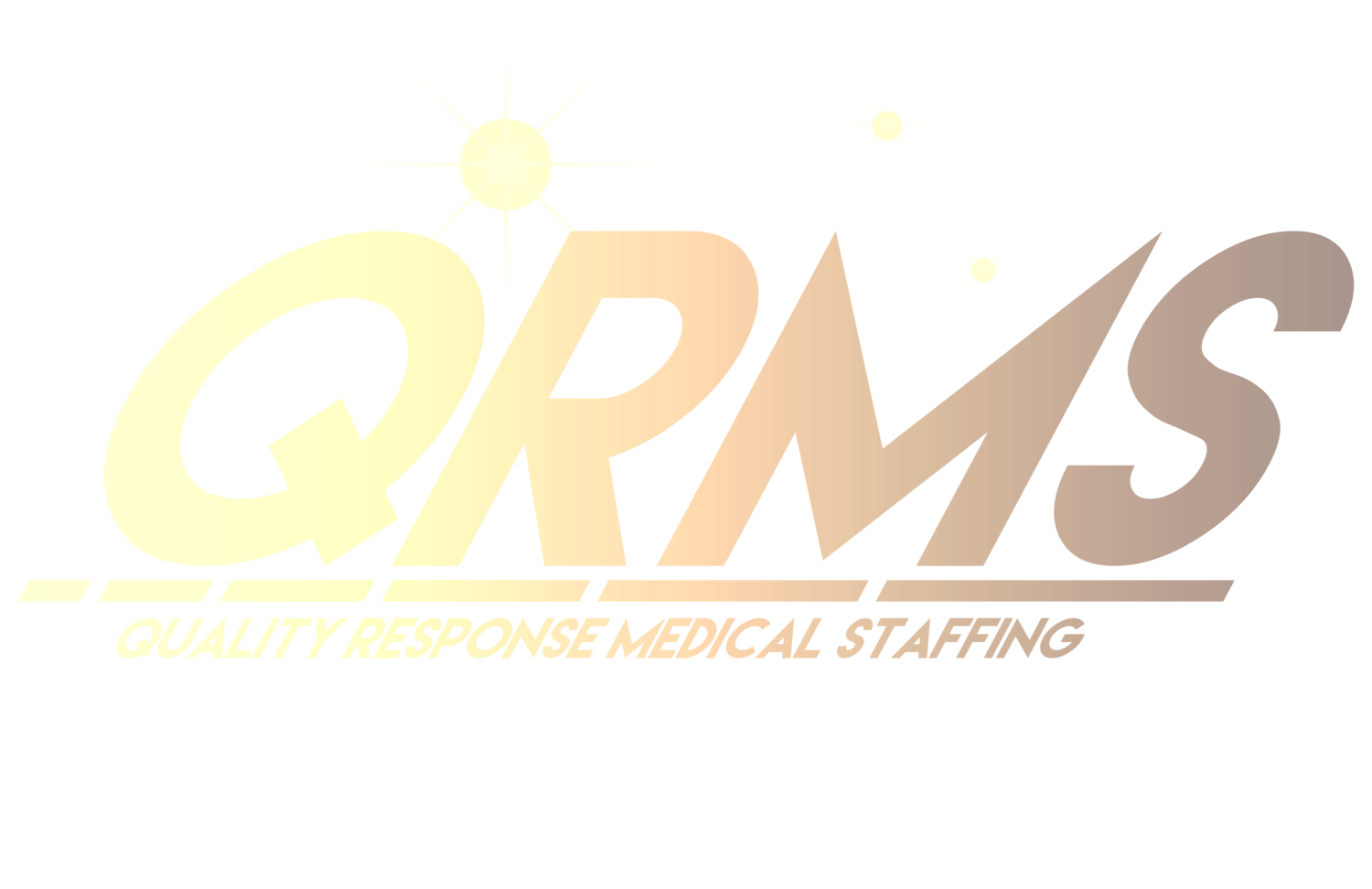Techniques to Manage Stress for Nurses
Nursing is one of the most demanding professions, requiring long hours, emotional resilience, and continuous multitasking. The high-stress environment can lead to burnout, fatigue, and even mental health challenges. To maintain their well-being and provide the best care for patients, nurses must prioritize mindfulness and self-care. Implementing simple yet effective techniques can significantly reduce stress and enhance job satisfaction.
The Importance of Mindfulness in Nursing
Mindfulness is the practice of being present and fully engaged in the moment without judgment. It helps nurses cultivate awareness, manage stress, and improve focus. When incorporated into daily routines, mindfulness can:
Reduce anxiety and stress levels
Enhance emotional resilience
Improve patient interactions and communication
Increase job satisfaction and prevent burnout
Mindfulness Techniques for Nurses
Deep Breathing Exercises
Engaging in deep, controlled breathing helps activate the body’s relaxation response. The 4-7-8 breathing technique (inhale for four seconds, hold for seven, exhale for eight) is particularly effective in reducing stress during hectic shifts.Grounding Techniques
Nurses often find themselves overwhelmed by multitasking. Grounding techniques, such as the 5-4-3-2-1 method (identifying five things you see, four you touch, three you hear, two you smell, and one you taste), can help bring focus back to the present moment.Meditation and Mindful Reflection
Taking a few minutes to engage in meditation or self-reflection can help nurses manage stress and emotions effectively. Guided meditation apps or simply sitting in a quiet space can make a big difference.Gratitude Practices
Practicing gratitude can shift the mindset from stress to positivity. Keeping a gratitude journal or taking a moment to appreciate positive interactions with patients and colleagues can enhance job satisfaction.
Self-Care Strategies for Nurses
Prioritizing Sleep
A well-rested nurse is more effective and less susceptible to stress. Creating a sleep routine, reducing screen time before bed, and maintaining a consistent sleep schedule can improve overall health.Healthy Nutrition and Hydration
Proper nutrition fuels the body and mind. Nurses should prioritize balanced meals, stay hydrated, and avoid excessive caffeine to maintain energy levels throughout their shifts.Physical Activity
Exercise releases endorphins, which help combat stress. Simple activities like stretching, yoga, or a brisk walk before or after shifts can improve physical and mental well-being.Setting Boundaries and Taking Breaks
Nurses must learn to set boundaries to avoid exhaustion. Taking scheduled breaks, delegating tasks when possible, and practicing the art of saying no when necessary can prevent burnout.Engaging in Hobbies and Social Support
Pursuing activities outside of work, such as reading, painting, or spending time with loved ones, fosters a sense of fulfillment and balance.
The Long-Term Benefits of Mindfulness and Self-Care
By incorporating mindfulness and self-care into their routines, nurses can improve their mental, emotional, and physical health. This leads to:
Enhanced job performance and patient care
Increased job satisfaction and motivation
Better emotional resilience and reduced stress levels
Takeaway
Nurses dedicate their lives to caring for others, but self-care is equally essential. By practicing mindfulness and implementing self-care techniques, nurses can manage stress effectively, prevent burnout, and enhance their overall job satisfaction. A well-balanced nurse is not only happier but also provides better care for patients, ultimately benefiting the entire healthcare system.

